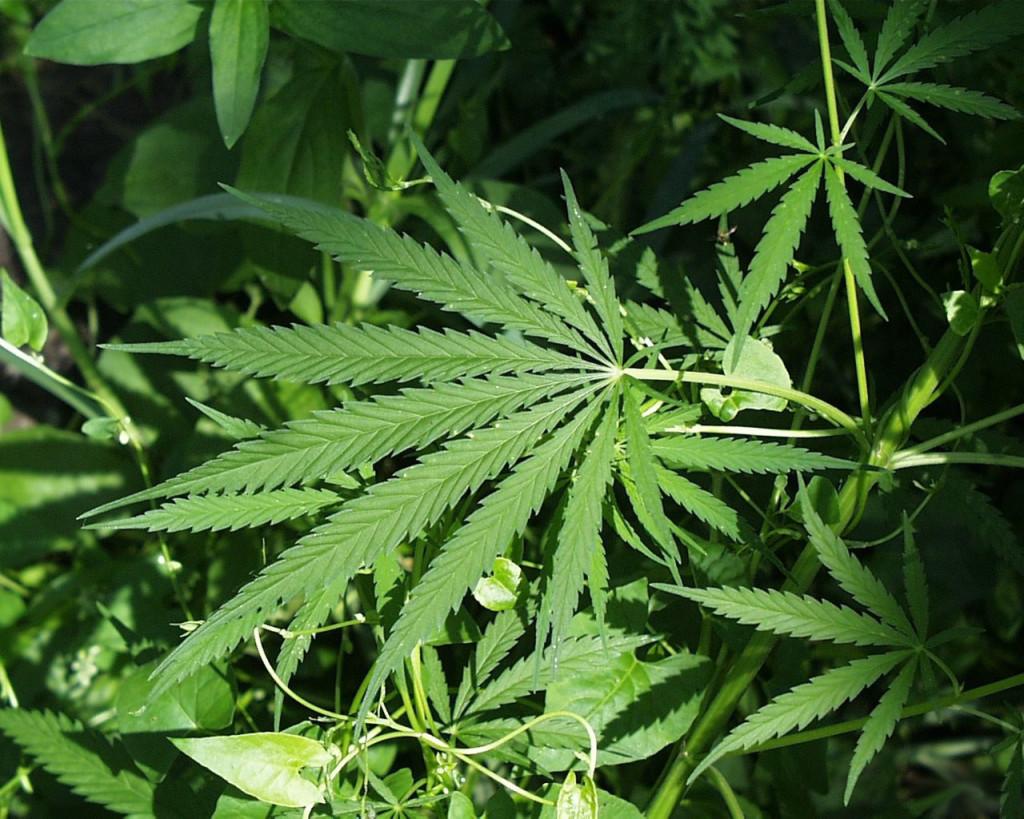Nearly half of drug arrests in West Virginia since the year 2000 have been for marijuana possession, according to a review of FBI statistics by the Charleston Gazette. Furthermore, there have been more marijuana-related arrests on an annual basis than arrests for all other illicit drugs combined during that time. In 2012 there were approximately 7,900 drug arrests in West Virginia. 4,200 of those, or 53 percent, were for marijuana related offenses. I would argue that these numbers show the state has misplaced their priorities as there are bigger issues with more dangerous drugs, such as methamphetamines and prescription drugs, that should be focused on in West Virginia.
“I don’t think anybody thinks marijuana is half of West Virginia’s drug problem anymore,” Matt Simon, a legislative analyst for the Marijuana Policy Project and native West Virginian, told the Charleston Gazette.
“It’s clear West Virginia has much more severe problems with prescription drugs, methamphetamine and increasingly heroin,” Simon went on to say.
Lt. Chap Napier of the Charleston Police Department disagreed and attributed the statistics to merely widespread use. “It’s one of the most commonly abused drugs,” Napier said. “Being that it is, when you make other arrests, people a lot of times will have it on them.”
The state of West Virginia and law enforcement spend a lot of money and use countless resources in order to enforce these marijuana laws and to prosecute marijuana offenders. An ACLU report found the state spent an eye opening $17.4 million in police, judicial, legal and correctional expenses on marijuana arrests in 2010 alone. That money could have instead been used to prosecute more serious crimes or to prevent people from selling and using dangerous illicit drugs that can increasingly be found all over the state, such as heroin and methamphetamine.
The issues of legalizing and decriminalizing marijuana have become more prevalent in recent years. It is a controversial and complex topic to say the least. With marijuana related offenses and crimes putting such a burden on law enforcement and the judicial system, it may be time to reexamine the marijuana laws currently on the books in West Virginia.
I am not advocating for a complete legalization of marijuana in West Virginia yet. However, I believe these statistics show it is about time to stop prosecuting marijuana possession as severely and as often as it is. The West Virginia Legislature should revisit marijuana penalties and reconsider if marijuana possession should be a crime. I would also argue that the time given to marijuana offenses by courts and the penalties they hand down for them should be drastically reduced. In addition, it is about time police officers in West Virginia no longer receive incentives for making marijuana arrests, such as federal funding and asset forfeiture rewards.
At the moment, people in West Virginia are understandingly not ready for legalization and stores selling pot. However, I think it is a matter of time before a majority of West Virginians start supporting decriminalization of marijuana as more and more local and state governments around the country, along with the American people, evolve on this issue and support new marijuana laws. Moreover, reducing penalties for marijuana possession is something citizens and legislators alike could support. The resources expended to enforce marijuana laws and prosecute marijuana users could instead be focused on other issues and criminal activities that require more attention. There is no need to put more strain on the judicial system and send another person into the correctional system for merely having or using marijuana. The practice of putting people in jail for marijuana is increasingly becoming outdated and unnecessary.
While decriminalizing marijuana in the state of West Virginia may be still some time away, making it available for medical use is actually a real possibility. Earlier this year, on Jan. 23, 2014, state Rep. Mike Manypenny (D-Taylor County) introduced house bill 4264 that would allow residents of the state with debilitating medical conditions such as cancer, multiple sclerosis and HIV/AIDS to access and use medical marijuana if their doctors recommend it, according to Hazard-Herald.
“This bill could be very beneficial for a lot of reasons. I would support it,” Logan Taylor, a 25-year-old Charles Town resident, said.
“If this bill was passed, I would be very happy because any person with a medical condition, even myself, could have access to it.”
The bill was referred to both the Health and Human Resources Committee and then to the Judiciary Committee in the West Virginia legislature. However, the joint committee failed to take any action on the proposal before the legislature adjourned in March. Supporters are now waiting for the legislature to take action on the bill when they come back in session on Jan. 14, 2015. I would encourage the state legislature to follow in the footsteps of other states and allow for the protection of the medical use of marijuana. However, I would also add that if this bill is passed, there needs to be an abundant amount of oversight and sufficient regulation to ensure medical marijuana is dispensed appropriately. Although it has been proven that marijuana can be responsibly used to treat countless medical conditions, legalizing marijuana for medical use is also a good first step in ultimately decriminalizing cannabis across the state.
